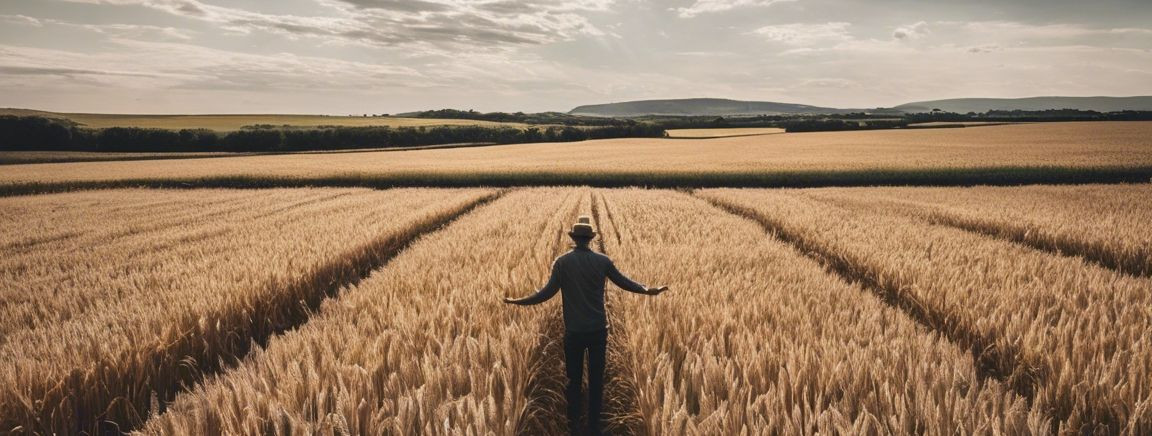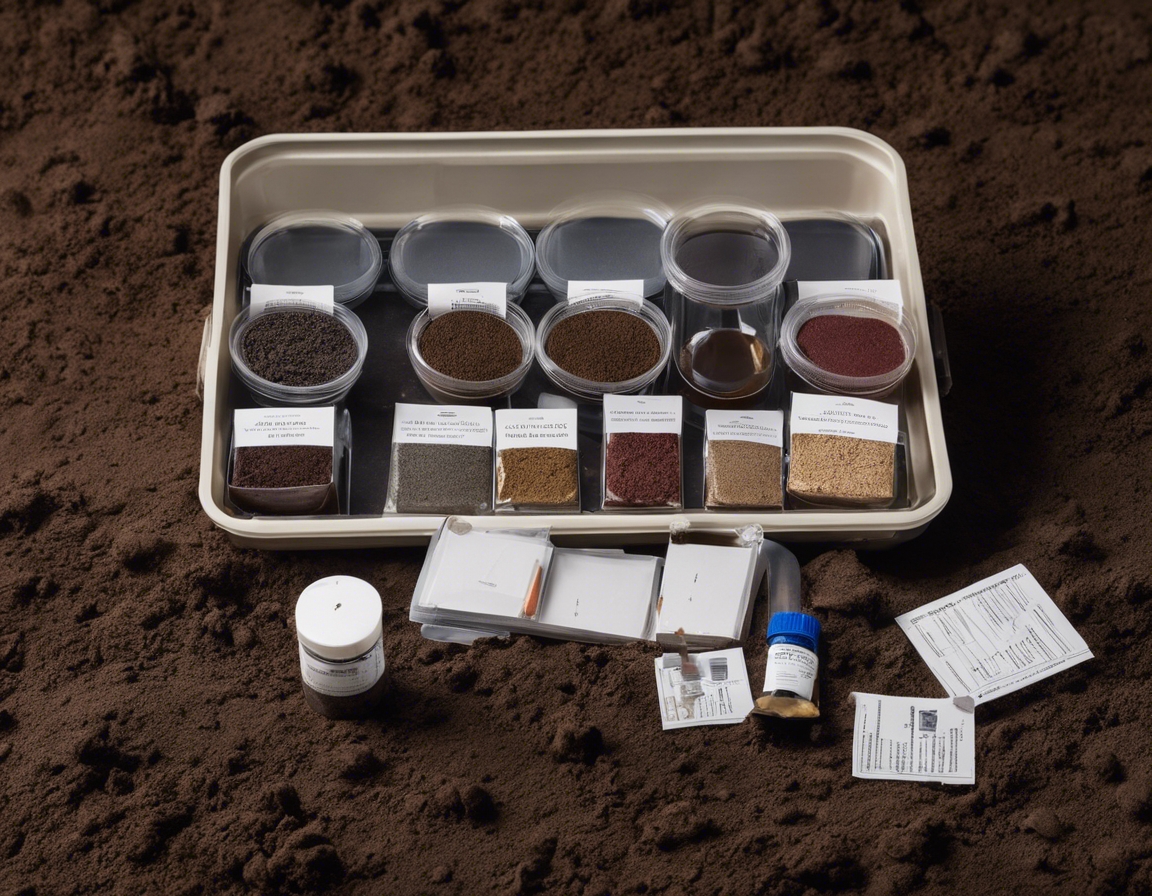5 tips for sustainable crop production
As the global population continues to rise, the demand for food production increases, making sustainable crop production not just a choice but a necessity. Sustainable agriculture is about meeting the needs of the present without compromising the ability of future generations to meet their own needs. It encompasses a range of practices that are ecologically sound, economically viable, and socially responsible.
Tip 1: Implement Crop Rotation and Diversity
Crop rotation is a time-tested method that involves growing different types of crops in the same area across a sequence of seasons. This practice helps in breaking pest and disease cycles, improving soil health, and increasing crop yield. Integrating crop diversity also plays a crucial role in sustainable agriculture by reducing dependency on a single crop and thus minimizing risk.
Tip 2: Utilize Organic Farming Techniques
Organic farming is a key component of sustainable agriculture. It emphasizes the use of natural inputs and the management of resources to enhance environmental quality for future generations. Organic soil management, including the use of compost and green manures, and natural pest and weed control methods, are fundamental to this approach.
Tip 3: Embrace Technology and Precision Agriculture
Modern technology and precision agriculture are transforming the farming landscape. By utilizing data-driven insights and advanced equipment, farmers can optimize inputs such as water, fertilizer, and pesticides, which leads to more efficient and sustainable crop production.
Tip 4: Conserve Water and Manage Irrigation Efficiently
Water is a precious resource in agriculture. Sustainable crop production requires the implementation of water conservation methods and the use of efficient irrigation systems to ensure that water use is optimized and waste is minimized.
Tip 5: Foster Soil Health and Erosion Control
Healthy soil is the foundation of sustainable crop production. Practices such as cover cropping, reduced tillage, and the application of organic matter can improve soil structure and fertility. Erosion control measures are also vital to prevent the loss of valuable topsoil.






Comments (0)